27th Session of the OSS Strategic Orientation Committee, Tunis, January 28, 2025
Held on January 28, 2025 in Tunis, the 27th session of the Strategic Orientation…
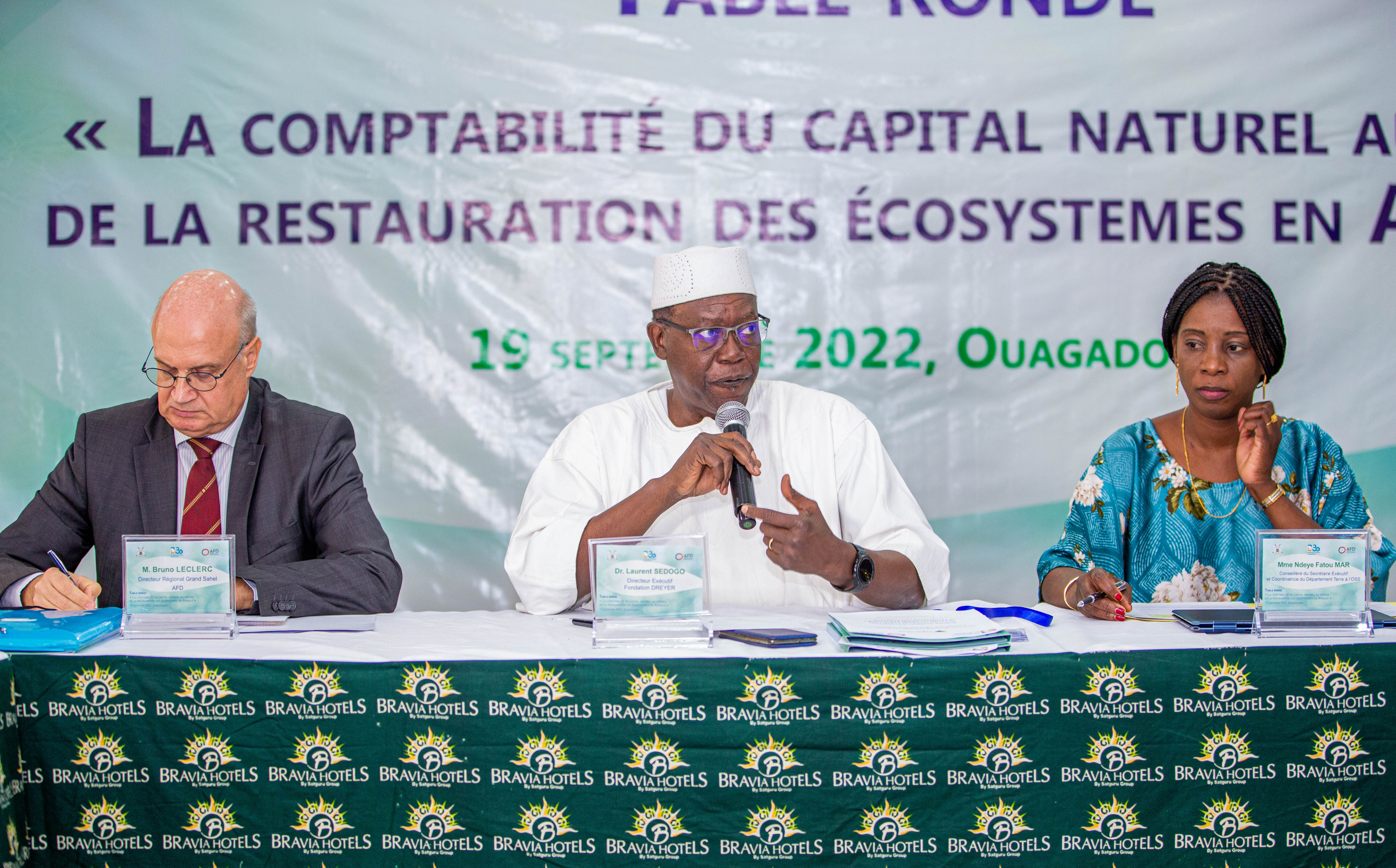
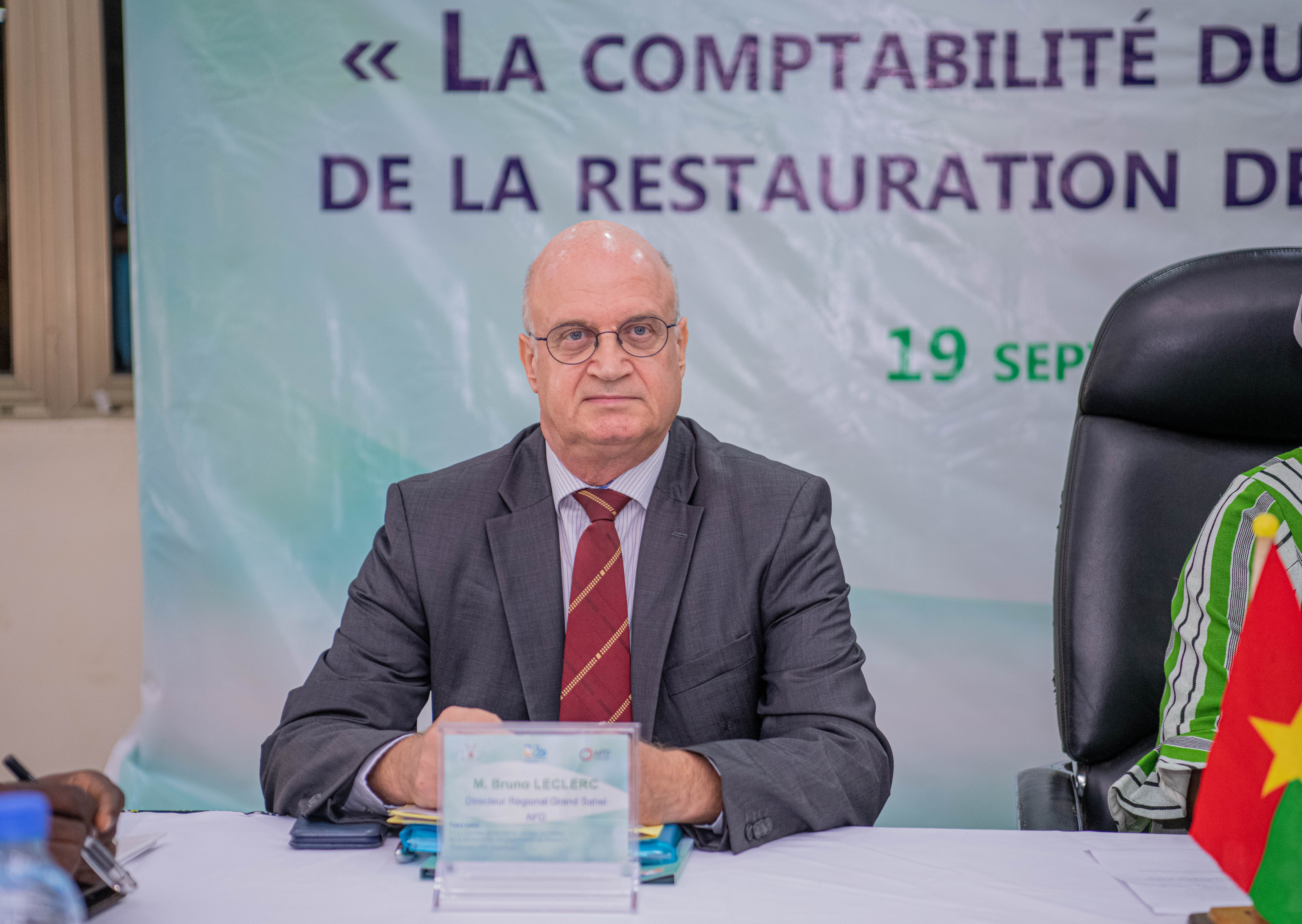
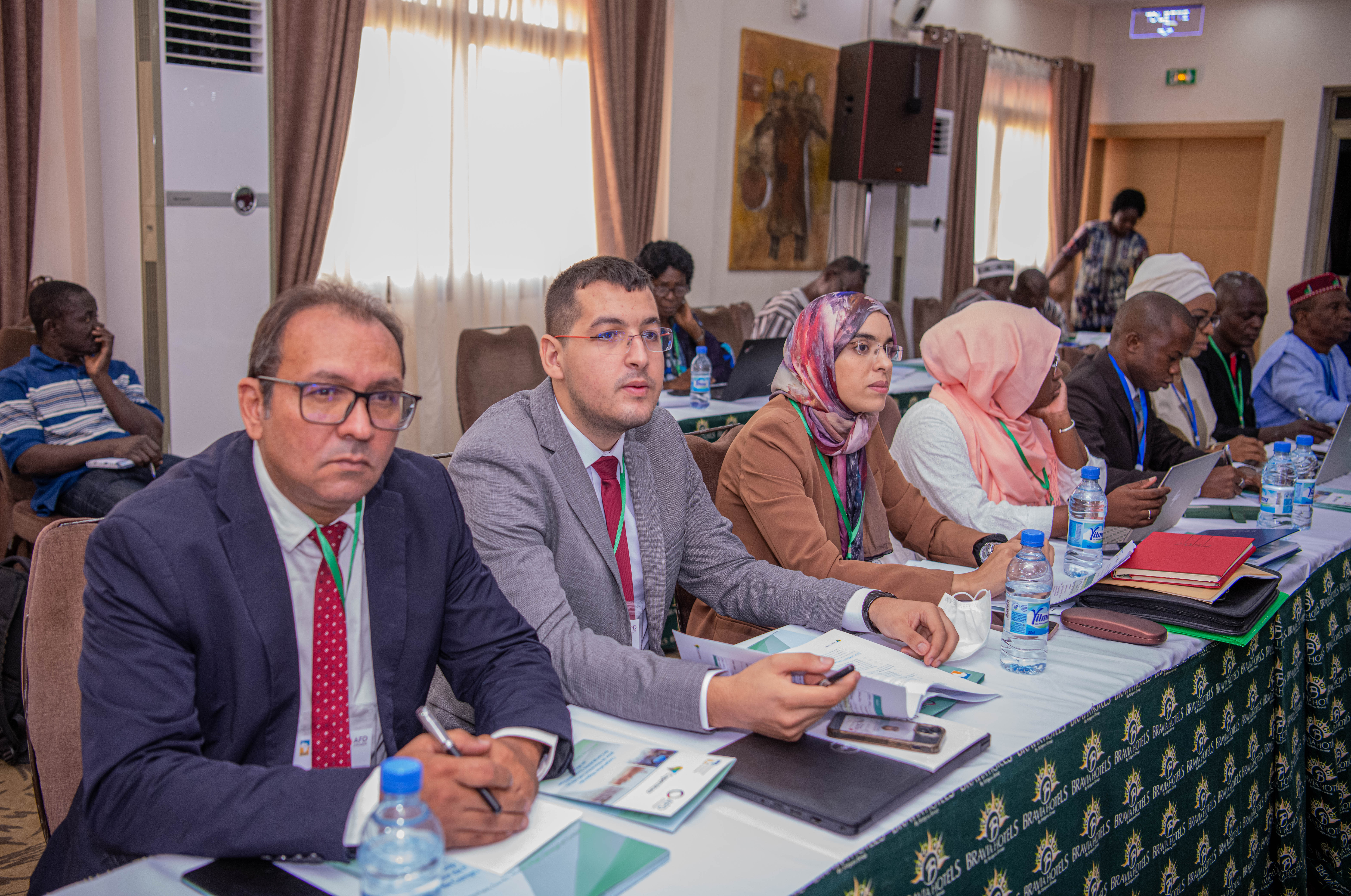
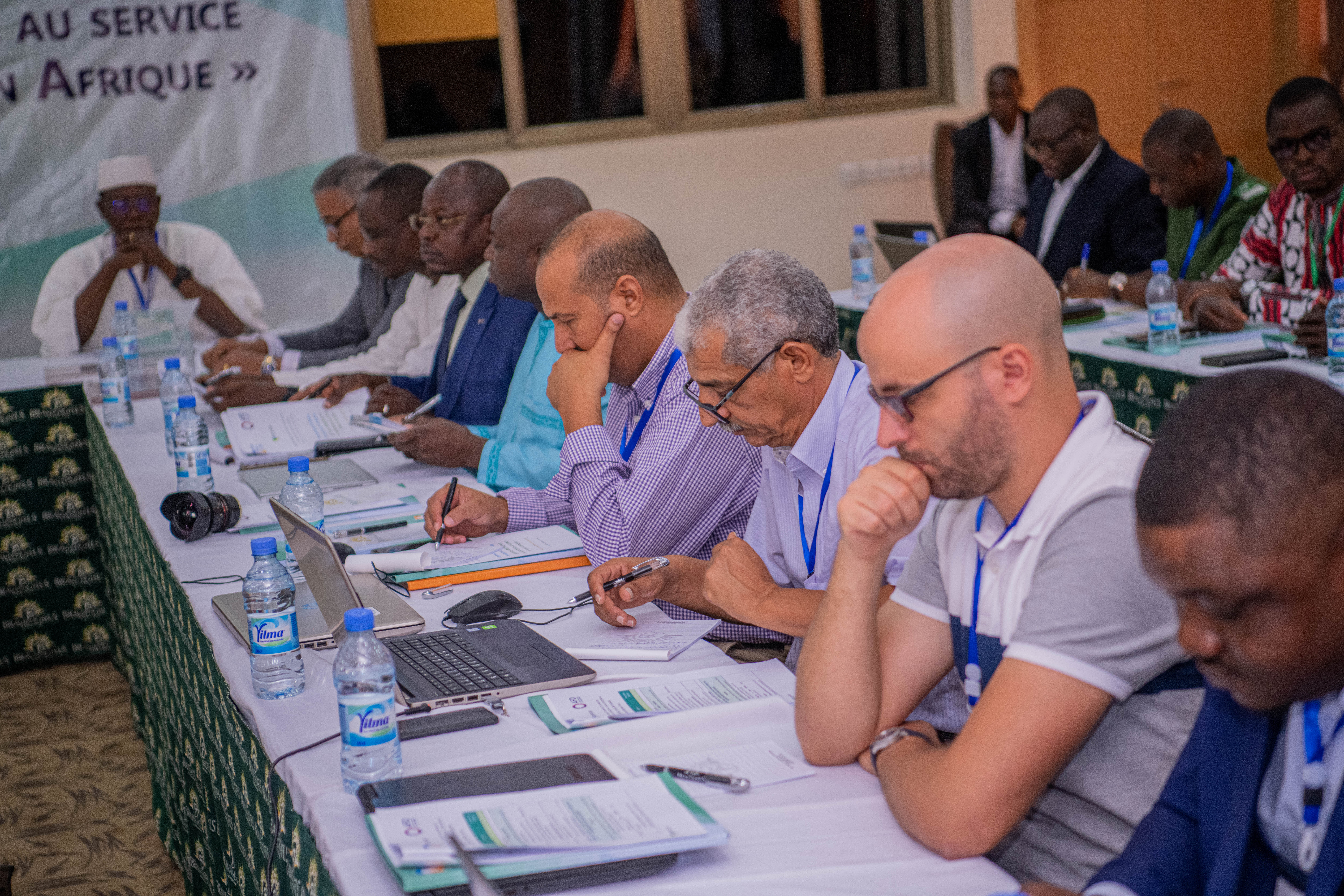
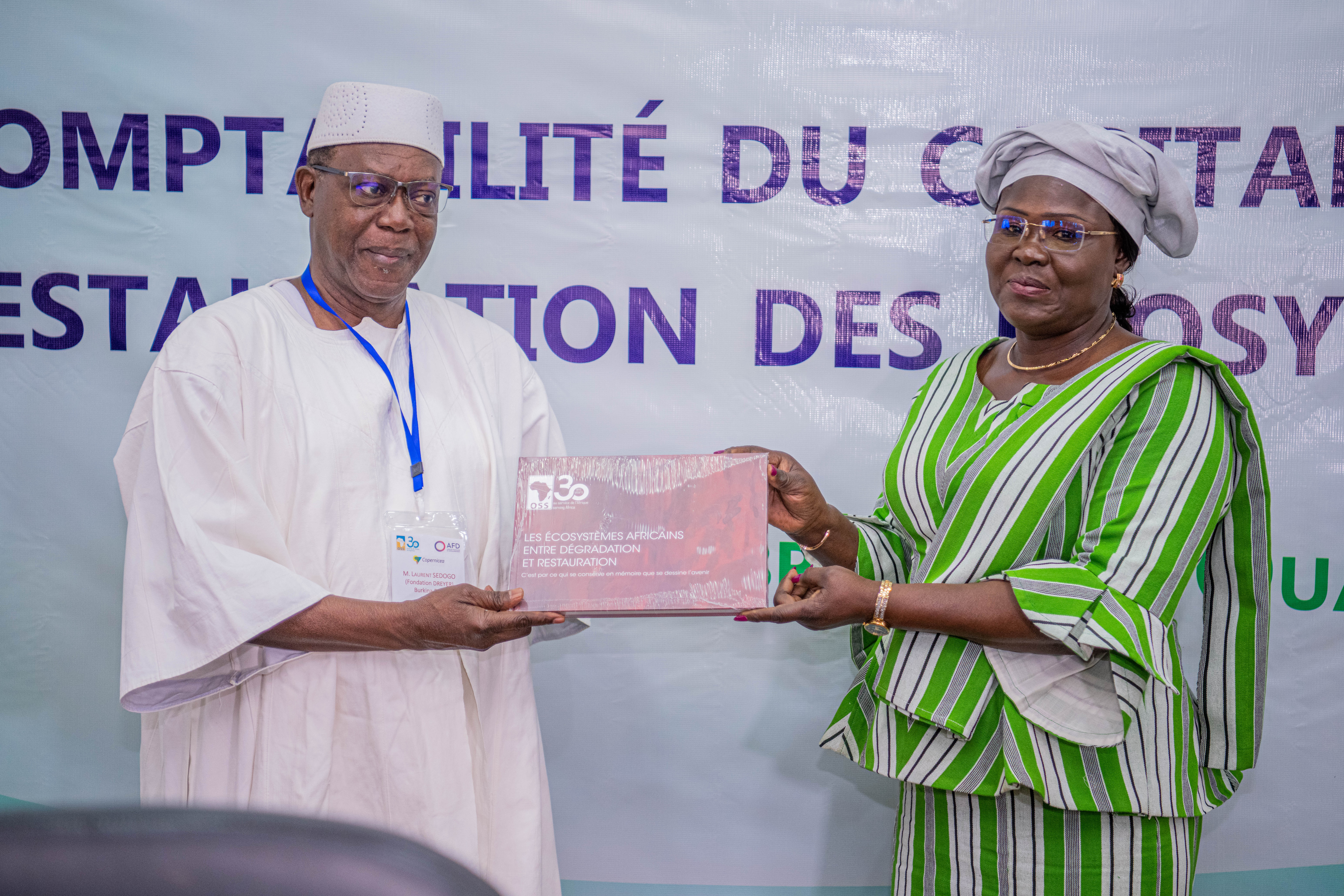
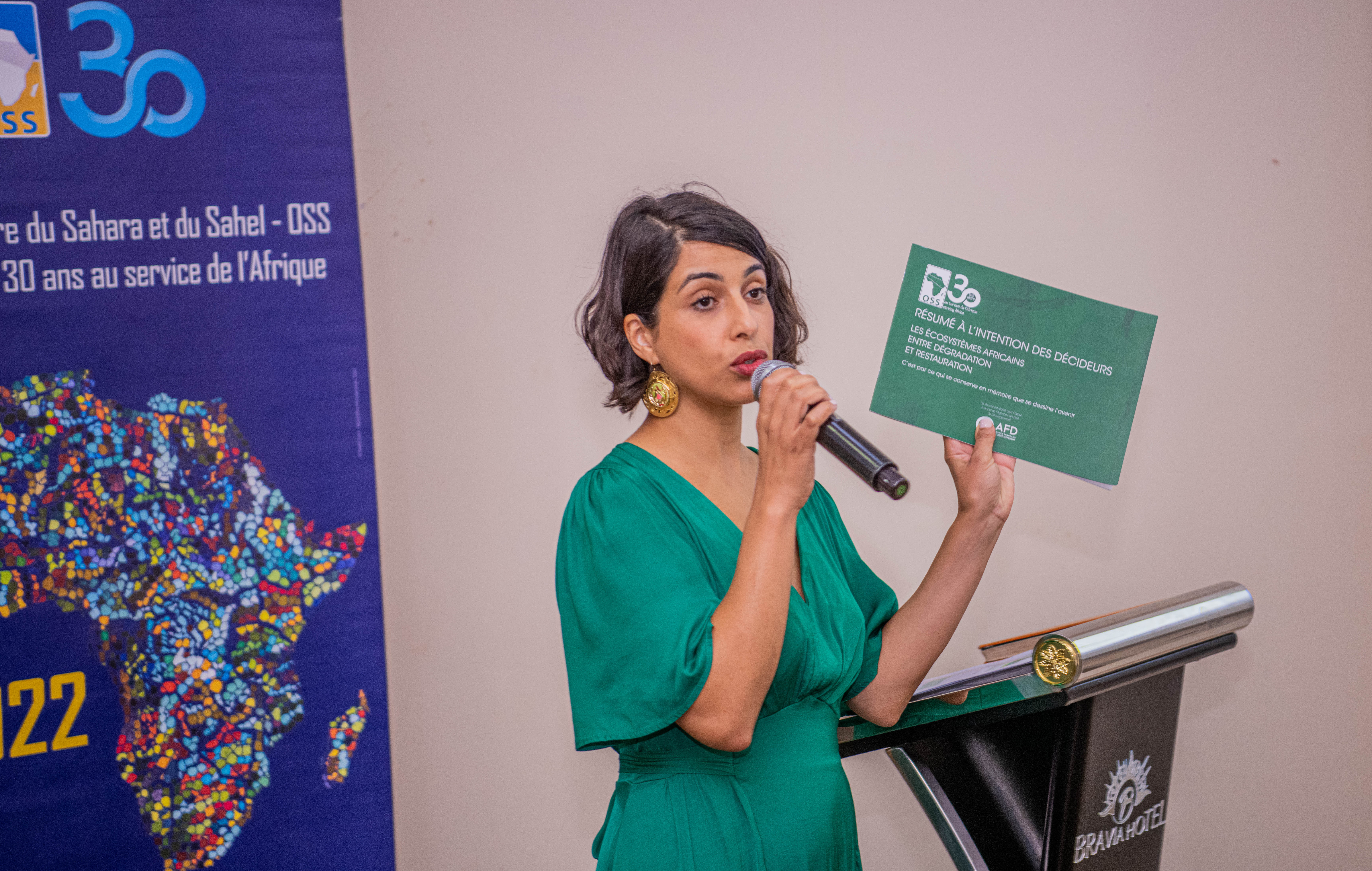
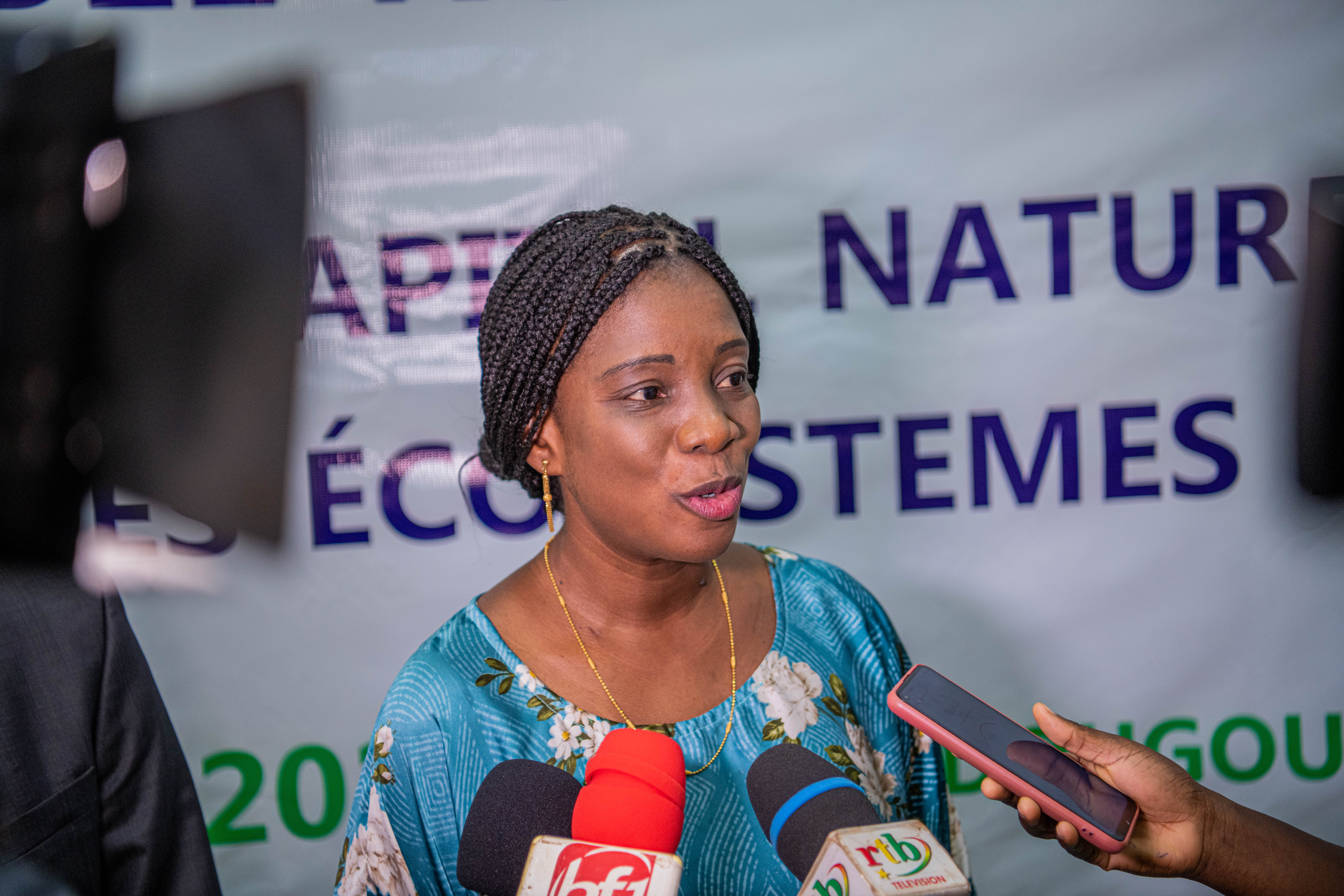
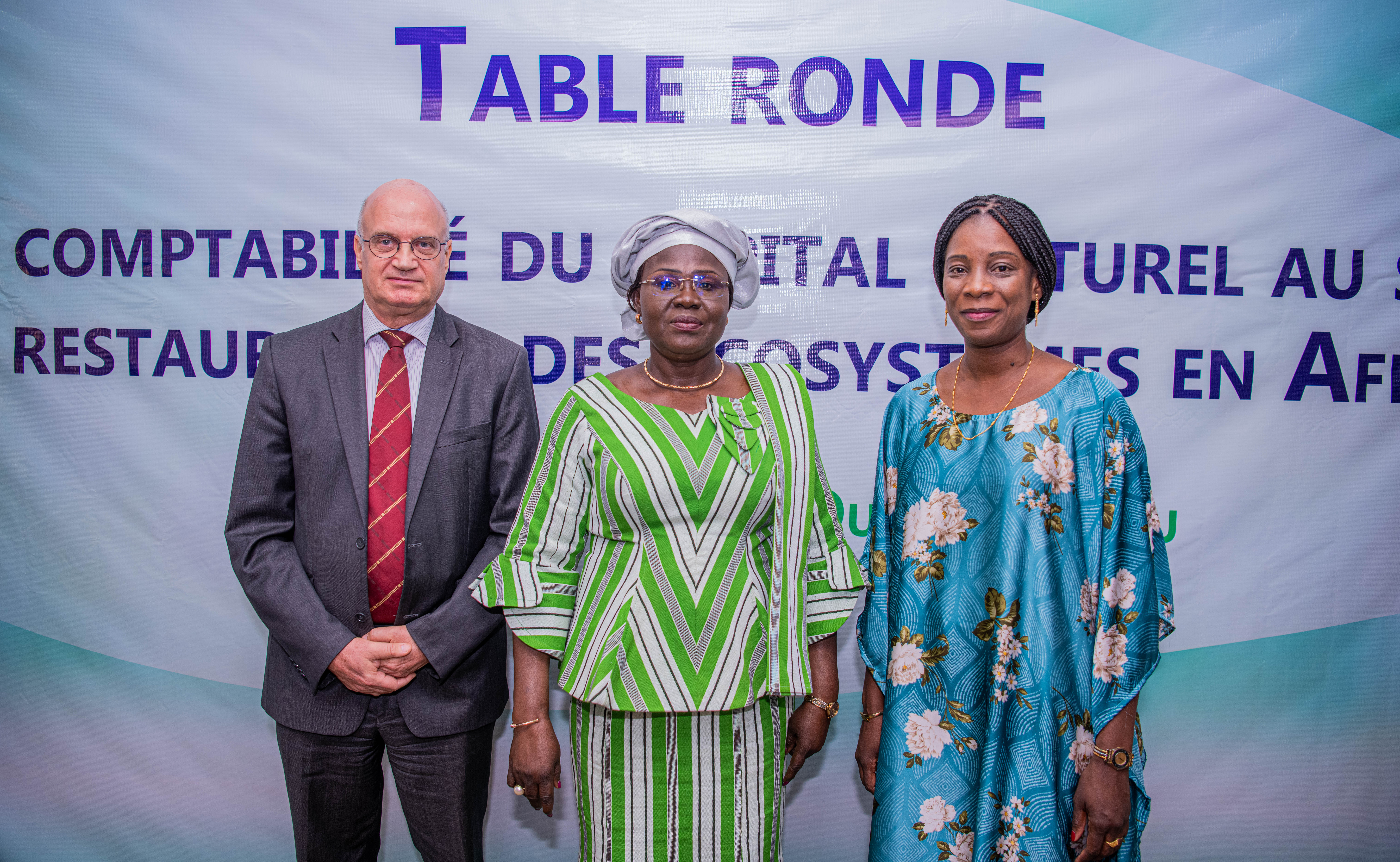
A discussion panel on « Natural capital accounting for ecosystem restoration in Africa », was held on Monday, September 19, in Ouagadougou. A high-level debate made it possible to exchange on the value of ecosystems, the concrete steps for their preservation and the impact of their degradation and restoration on the populations.
H.E. Mrs. Maminata TRAORE COULIBALY, Minister of the Environment, Energy, Water and Sanitation of Burkina Faso, opened the works of this panel and recalled the importance and urgency of the topic.
The Minister took the floor to state that the meeting would give the opportunity to make a true assessment of the state of our ecosystems, our biodiversity, climate change and desertification and to put forward solutions to make progress.
"Deeply aware that millions of women and men depend on natural ecosystems, Burkina Faso, though with limited resources, is striving to make the supply of basic goods and products, support ecosystem services and their conservation with the aim of ensuring the sustainability of their services, particularly in a climate change context, an integral part of the decision-making process", she said.
The speech of Mr. Nabil Ben KHATRA, Executive Secretary of the OSS, was delivered by Mrs. N'Deye Fatou MAR, Advisor to the Executive Secretary and Land Department Coordinator, and reminded that immediate actions needed to be done to come up with practical, shared, feasible and effective solutions in order to protect, preserve and restore ecosystems, in particular through the use of tools such as Ecosystem Natural Capital Accounting.
After mentioning that the sustainability of ecosystems and their benefits for users of a territory is as much political and institutional as it is contractual and social, Mr. Bruno Leclerc, Greater Sahel Regional Director, AFD, insisted on the technical, agronomic and ecological features of the issue. He also emphasized the need for the dissemination of knowledge, good practices and innovative solutions to achieve sustainable development goals. He welcomed the strong and fruitful bilateral connection with the OSS, as well as the numerous initiatives both institutions implemented in the region.
The works of the discussion panel, held under the chairmanship of Mr. Laurent SEDOGO, Executive Director of the DREYER Foundation and Member of the OSS Strategic Orientation Committee (SOC), dealt with the natural capital accounting for ecosystem restoration in Africa.
Discussions focused on the state of ecosystems in Africa and the usefulness of assessment and evaluation tools to have them preserved and restored.
The participants exchanged on the importance of raising awareness among decision-makers and mobilizing national experts on biodiversity issues as well as the relevance of safeguarding the countries' fragile ecosystems.
In this regard, a number of ecosystem restoration experiences, in particular sustainable land management, were shared and discussed. They paved the way for concrete possibilities of implementation at national and regional level.
On this occasion, Dr. Abdoulaye MOHAMADOU, Executive Secretary of CILSS, emphasized the importance of having local populations better and more involved in the valuation of ecosystem services. He insisted on the importance of the sustainable management of ecosystems and the recognition of their economic, social and cultural value.
He also reaffirmed that ecosystems are assets deemed appropriate by the populations and that their development is a challenge for all. While bringing to light the important role of advocacy for everyone, he insisted on the need to set up a structuring project in the region with databases and decision support tools that promote the achievements that have been registered so far. This would create synergies and bring consistency to policies based on the priorities of the populations, he said.
Mr. Hissene Souleymane NOURENE, Coordinator of the project for the construction of micro-dams for Agriculture and Livestock in Rural Areas in Chad, took his intervention to focus on issues related to dry arid and semi-arid regions, including desertification, climate change and loss of biodiversity.
He mentioned the actions to come, within the framework of the PCMB, that are likely to contribute to settling the populations, restoring the highly degraded soils, supplying the water tables around the work sites and thus avoiding community conflicts over the water points.
The discussion panel also reported on the progress of the Copernicea project (Regional Cooperation for new Ecosystem Natural Capital Accounting Indicators in Africa) activities at the regional and national levels.
The « African ecosystems : between degradation and restoration » documentary book recently published by the OSS, and the video on African ecosystems were also presented to the participants.
Held on January 28, 2025 in Tunis, the 27th session of the Strategic Orientation…

The participation of the Sahara and Sahel…

OSS Side Event at COP16: Strengthening Resilience in the Sahel through Multi-…